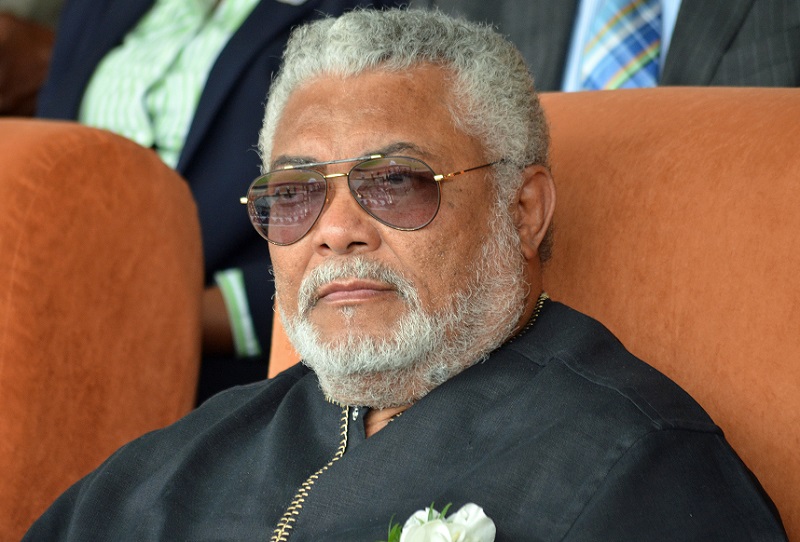New documentary challenges the legacy of Rawlings’ June 4 revolution
A 30-minute documentary, produced by journalist Paul Adom-Otchere, and aired on Metro TV’s current affairs show, Good Evening Ghana, has cast a damning verdict on the legacy of the June 4 revolution, the 40th Anniversary of which was marked this week.
The documentary traces the events of June 4, from inception until the transition to civilian rule in September 1979.
The documentary relies on the testimonies of Capt. Bah Acheamfuor, said to be the main architect of June 4, and of retired Supreme Court Judge, Justice Date-Bah, who was a Commissioner under AFRC, which were presented to the National Reconciliation Commission that sat in Accra in 2003.
The final words of General Acheampong, who was one of the 8 generals executed, captured in a book written by Doe Zoiklu titled, Ghana: from Nkrumah to Rawlings, were also revealed.
In those words, Acheampong blamed his colleagues, especially General Akuffo, for overthrowing him in a palace coup that brought the Supreme Military Council (SMC) II to power.
He also claimed that members of his administration were corrupt. He resisted the infamous accusation of debauchery levelled against him, saying that “all married men do it”.
General Acheampong added that even though he was a Head of State with “numerous girlfriends”, he didn’t see how that contributed to the ruin of the national economy.
Bah Acheamfuor revealed that he was told that a tribal group among the top leaders of the Armed Forces Revolutionary Council (AFRC) also wanted Acheampong dead.
The film also revealed, that Gen. Afrifa been elected to parliament on the 18th of June before he was arrested and killed on the 26th of June 1979.
The documentary asserts that given that the timetable for the return to constitutional rule had been set up, the candidates had been determined and the campaigns had started, there was no need for the revolution.
It asserts that whilst the coup occurred on June 4, the presidential and parliamentary elections were held on June 18th, the executions were carried out on June 26, the second round of presidential elections were held in early July and the eventual handover was in September. The film suggests that the coup was unnecessary.
The film shows Jerry John Rawlings being critical of the 3rd Republic and calling it a “naive interruption” of the revolutionary process which started on June 4 and continued on 31st December 1981, the date of the overthrow of the Third Republic.
It also criticizes the fact that Jerry Rawlings and his cohorts continued to celebrate June 4 even under constitutional rule even when the Supreme Court had in a separate matter outlawed the celebration of the other Rawlings-led coup on 31st December, 1981.
The film conducts a poll among the 5 presidents of the 4th Republic and concludes that to the extent that four of these leaders, John Agyekum Kuffour, John Evans Atta Mills, John Mahama and current president, Nana Akufo Addo did not allow the celebration of June 4 as a public holiday, Jerry Rawlings is outnumbered and June 4 fails.
The narration in the films concludes poetically by saying, “good night June 4 good night, and when morning comes please don’t wake up, no one wants to see you… never again will the National Salute be said for June 4 and the cheers for June 4 will never be heard again, Ghana will never do this again”



